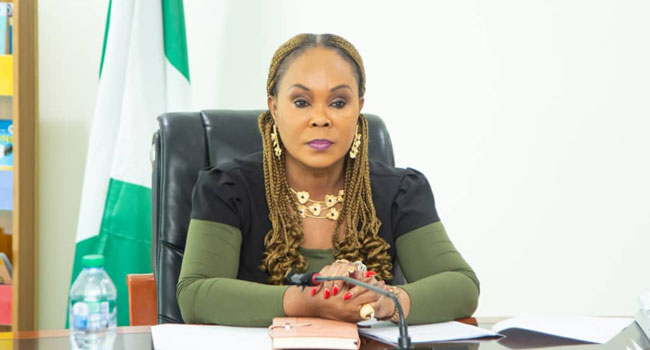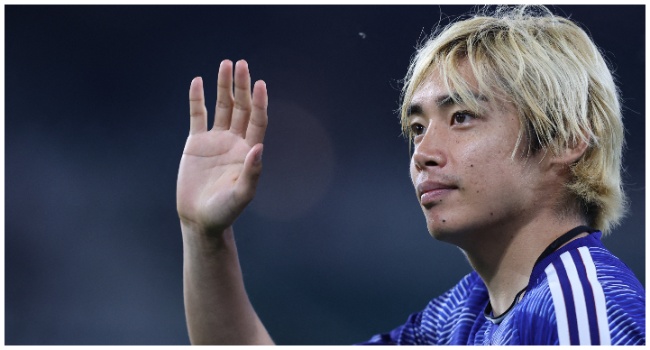
Munir UZ ZAMAN / AFP
A leading Bangladesh news channel was taken off the air and seven journalists were assaulted as the country voted for a new government Sunday amid allegations of a media crackdown.
The private Jamuna TV said the action was taken late Saturday.
“Cable operators took Jamuna TV off air without giving us any explanation,” Fahim Ahmed, the station’s chief news editor, told AFP.
“We are still transmitting. But no one in Bangladesh can see our channel due to the blackout,” he said. The channel’s output can still be viewed online.
The broadcaster, which is owned by Jamuna Group — one of Bangladesh’s biggest conglomerates, which also runs a newspaper — is known for its independent coverage.
Salma Islam, a member of the family that owns the group, stood in Sunday’s election as an independent candidate against an influential ruling party businessman.
A top cable operator in Dhaka said Jamuna broadcasts stopped for technical rather than political reasons.
“We are not getting their signal,” said S.M Ali Chanchal, owner of cable operator UCS. Jamuna rejected the explanation and insisted their signals were being broadcast as normal.
Authorities have also ordered the country’s mobile operators to shut down 3G and 4G services “to prevent the spread of rumours” that could trigger unrest.
During Sunday’s election, seven journalists said they were attacked by pro-government activists in separate scuffles, in which a number of them were injured and their equipment vandalised.
Journalists, including two from AFP, were also prevented from taking images at some polling centers by pro-government activists.
Award-winning photographer Shahidul Alam, who was released from prison last month, was also injured in a scuffle outside a polling center.
“Some pro-government activists suddenly approached and tried to snatch away our equipment. They also threw indiscriminate punches towards us,” photographer Sumon Paul, a close associate of Alam, told AFP.
An on-duty reporter and a photographer from the Bengali tabloid Manabzamin were also assaulted while covering the election in the capital Dhaka.
“They were assaulted and the photographer’s camera was snatched away,” Manabzamin editor Motiur Rahman Chowdhury said.
Another two photojournalists from the Manob Kantho local daily were also injured when they were attacked by unknown assailants.
“Some 20-30 men suddenly assaulted and started beating us. They broke our cameras as well,” photographer Jubair Rakesh told AFP.
There have been mounting accusations that Prime Minister Sheikh Hasina’s government has been stifling dissent and curbing freedom of the press ahead of the vote.
Internationally renowned photographer Shahidul Alam was detained for nearly four months after he was accused of making false and provocative statements against Hasina on Facebook.
Two pro-opposition editors have been detained for months over what they say are trumped-up charges while the editors of two influential dailies were accused of sedition and scores of other defamation cases.
In recent months Hasina’s government has also strengthened a digital security law, which rights groups and journalists have said makes investigative journalism almost impossible.
AFP



